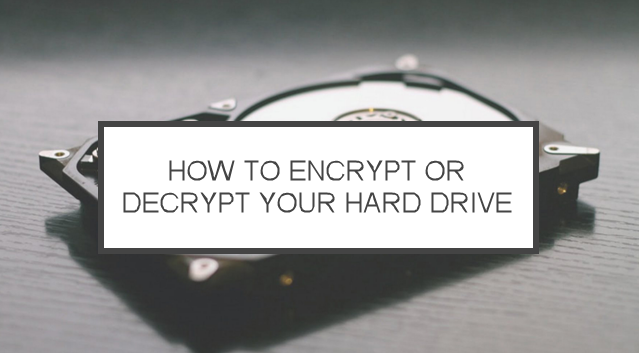
In today’s digital age, safeguarding our data has become more important than ever. Whether it’s stored on external or internal hard drives, protecting sensitive information from unauthorized access is paramount. In this blog post, I’ll walk you through the steps to encrypt and decrypt both your external and internal hard drives, discuss the pros and cons, and recommend some top-rated drives from Amazon.
Introduction
Have you ever wondered how to keep your sensitive files secure? Encrypting your hard drives is a robust method to protect your data from prying eyes, while decryption allows you to access your data when needed. Whether you store personal photos, financial documents, or work-related files, encryption and decryption add an extra layer of security that can give you peace of mind. Let’s dive into the process of encrypting and decrypting your hard drives and explore its benefits and potential drawbacks.
Why Encrypt Your Hard Drives?
Before we get into the how-to, let’s discuss why encrypting your hard drives is a good idea:
- Data Security: Encryption ensures that even if your hard drive is lost or stolen, your data remains inaccessible without the encryption key.
- Privacy Protection: It safeguards your personal and professional information from unauthorized access.
- Compliance: For businesses, encryption helps meet data protection regulations and compliance requirements.
Encryption Solutions
There are several encryption solutions available, each with its own features and capabilities:
- BitLocker: Built-in encryption tool for Windows users, suitable for full-drive encryption.
- BCArchive: Offers file and folder encryption for Windows users, allowing for secure storage and transfer of sensitive data.
- PixelCryptor: A user-friendly encryption tool for Windows that encrypts files and folders with strong algorithms.
- DiskCryptor: Provides full-disk encryption for Windows users, ensuring that all data on the drive is protected.
- FileVault: Built into macOS, FileVault offers full-disk encryption for Mac users, securing the entire drive.
- 7-Zip: While primarily a file compression tool, 7-Zip also offers file encryption capabilities, allowing users to encrypt individual files securely.
- Sophos Free Encryption: A Windows-based encryption tool that focuses on encrypting folders, providing an additional layer of security for sensitive data.
How to Encrypt Your Hard Drives
Step 1: Choose Your Encryption Software
Based on your operating system and specific needs, select the encryption software that best fits your requirements. For full-drive encryption, consider BitLocker (Windows) or FileVault (macOS).
Step 2: Backup Your Data
Before encrypting your hard drive, backup your data to prevent data loss in case of any issues during the encryption process.
Step 3: Install and Set Up the Software
Download and install the chosen encryption software, then follow the setup instructions to configure encryption settings.
Step 4: Encrypt the Drive
Initiate the encryption process within the software interface. Depending on the size of your drive, this process may take some time to complete.
Step 5: Accessing Your Encrypted Drive
After encryption is complete, you’ll need to enter your encryption password or key whenever you want to access the data on your hard drive.
How to Decrypt Your Hard Drives
To decrypt your hard drive, follow similar steps within the encryption software that you chose and follow the steps to decrypt your hard drive through the software’s interface, selecting the option to decrypt the drive and provide the necessary authentication credentials.
Pros and Cons of Encrypting Your Hard Drives
Pros
- Enhanced Security: Protects against unauthorized access.
- Data Privacy: Keeps sensitive information safe.
- Compliance: Helps meet legal and regulatory requirements.
Cons
- Time-Consuming: The encryption process can take a while, especially for large drives.
- Performance Impact: May slightly slow down drive performance.
- Risk of Data Loss: If you forget the encryption key or password, you lose access to your data.
Conclusion
Encrypting your hard drives, both external and internal, is a smart move to ensure your data remains secure and private. While there are some drawbacks, the benefits far outweigh the risks. By following the steps outlined above, you can easily encrypt and decrypt your hard drives and enjoy peace of mind knowing your information is protected.
Highly Rated Hard Drives and SSDs on Amazon
- Seagate Portable 2TB External Hard Drive – Reliable and fast with high capacity. Only $64.99
- Samsung T7 Portable SSD 1TB – Compact, durable, and with blazing-fast transfer speeds. Only $114.98
- WD 2TB Elements Portable External Hard Drive – Easy to use and compatible with both PC and Mac. Only $65.99
- SanDisk Extreme Portable SSD 1TB – Excellent for on-the-go with its rugged design and fast performance. Only $129.99
- Crucial MX500 1TB 3D NAND SATA 2.5 Inch Internal SSD – Reliable and affordable with high storage capacity.
Disclaimer: As an Amazon Associate, Techcratic may earn from qualifying purchases.
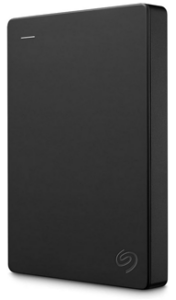 |
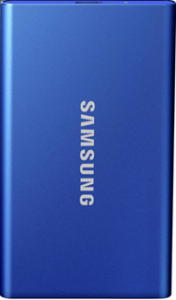 |
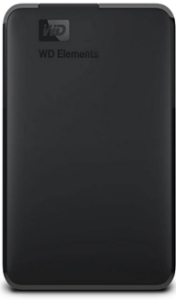 |
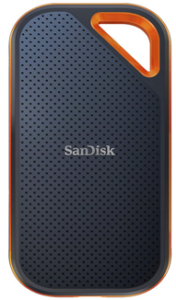 |
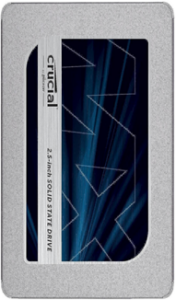 |














![Massive Apple deal event – M3 iPad Air all-time low, AirPods, M4 MacBooks $300 off, more [Updated]](https://techcratic.com/wp-content/uploads/2025/08/AirPods-Pro-2-AirPods-4-360x180.jpg)


























































![BASENOR 3PCS Tesla Model Y Model 3 Center Console Organizer [Carbon Fiber Edition]…](https://techcratic.com/wp-content/uploads/2025/08/71R5dfCR9FL._AC_SL1500_-360x180.jpg)















![Alien: Romulus – 4K + Blu-ray + Digital [4K UHD]](https://techcratic.com/wp-content/uploads/2025/08/81fBb0Z1egL._SL1500_-360x180.jpg)








